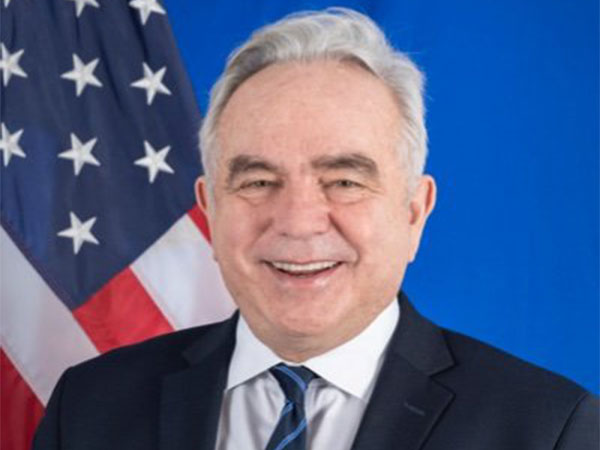Strategic Alliances: Navigating the Indo-Pacific Tensions
U.S. Deputy Secretary of State Kurt Campbell emphasizes the importance of the U.S. maintaining a strong alliance with Australia and New Zealand in the Pacific. Amid strategic tensions with China, the AUKUS partnership faces significant challenges to effectively transfer nuclear submarine technology, ensuring regional stability is maintained.

Kurt Campbell, U.S. Deputy Secretary of State, expressed hopes for continued cooperation between the U.S. and its allies, Australia and New Zealand, in light of growing strategic competition with China. He stressed the importance of Washington not retreating from global engagement, as cooperation could strengthen the alliance.
The Biden administration has intensified its focus on the Pacific by offering more infrastructure projects, deploying U.S. Coast Guard patrols, and engaging in defense agreements, notably with Papua New Guinea. As Campbell pointed out, the AUKUS partnership's technological transfer of nuclear submarines from the U.S. and the UK to Australia presents logistical challenges that require substantial collaboration.
Kurt Campbell underscored that efforts from key Republican senators, including Trump's nominee for Secretary of State, Marco Rubio, would significantly influence the U.S.'s Indo-Pacific strategy. Additionally, proposed budget cuts to the State Department could complicate competition with China's expanding influence, necessitating increased collaboration with regional allies.
(With inputs from agencies.)
ALSO READ
Sri Lanka seek course correction in must win game against New Zealand
New Zealand Unveils $8m Ukraine Aid, Expands Russia Sanctions
New Zealand Eyes Semi-Final Spot as India's 'Second Favourite Team' in T20 World Cup
Rains Dampen New Zealand vs Pakistan T20 Clash
Pakistan vs New Zealand: A T20 World Cup Clash










